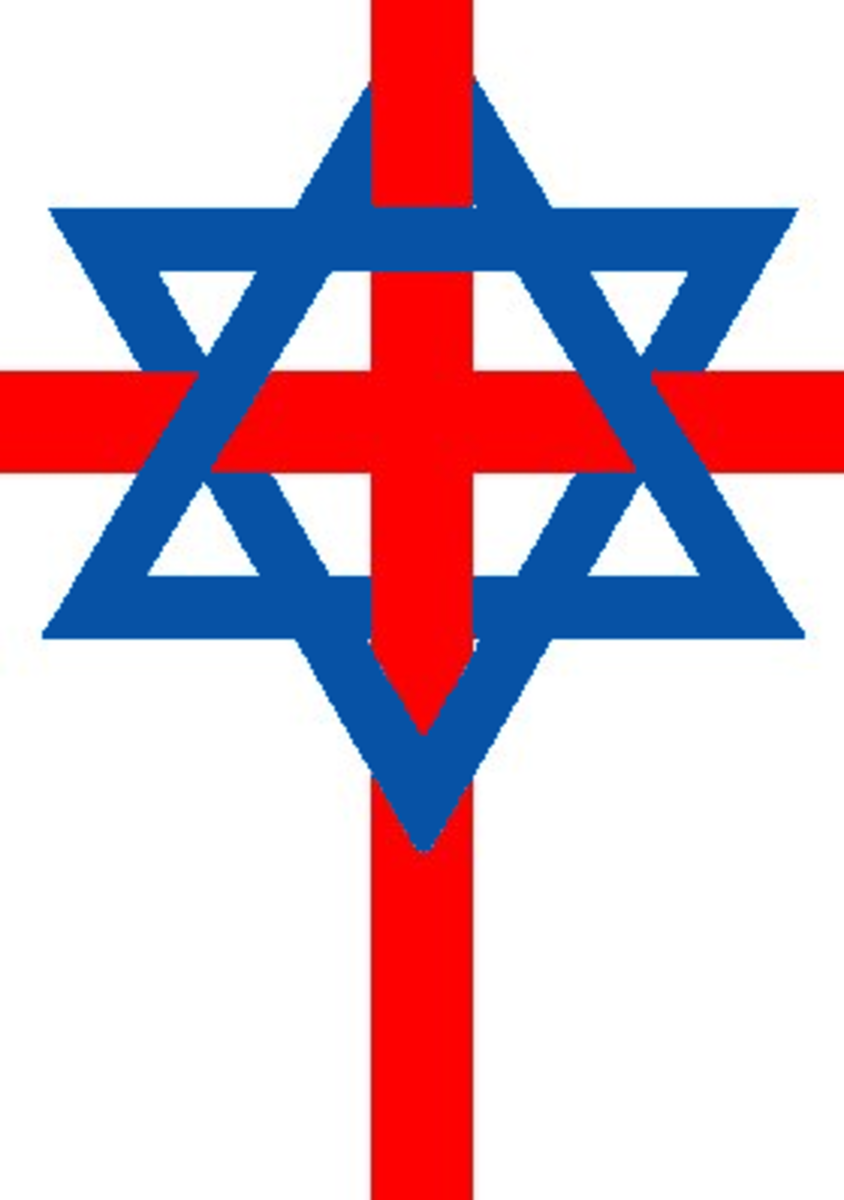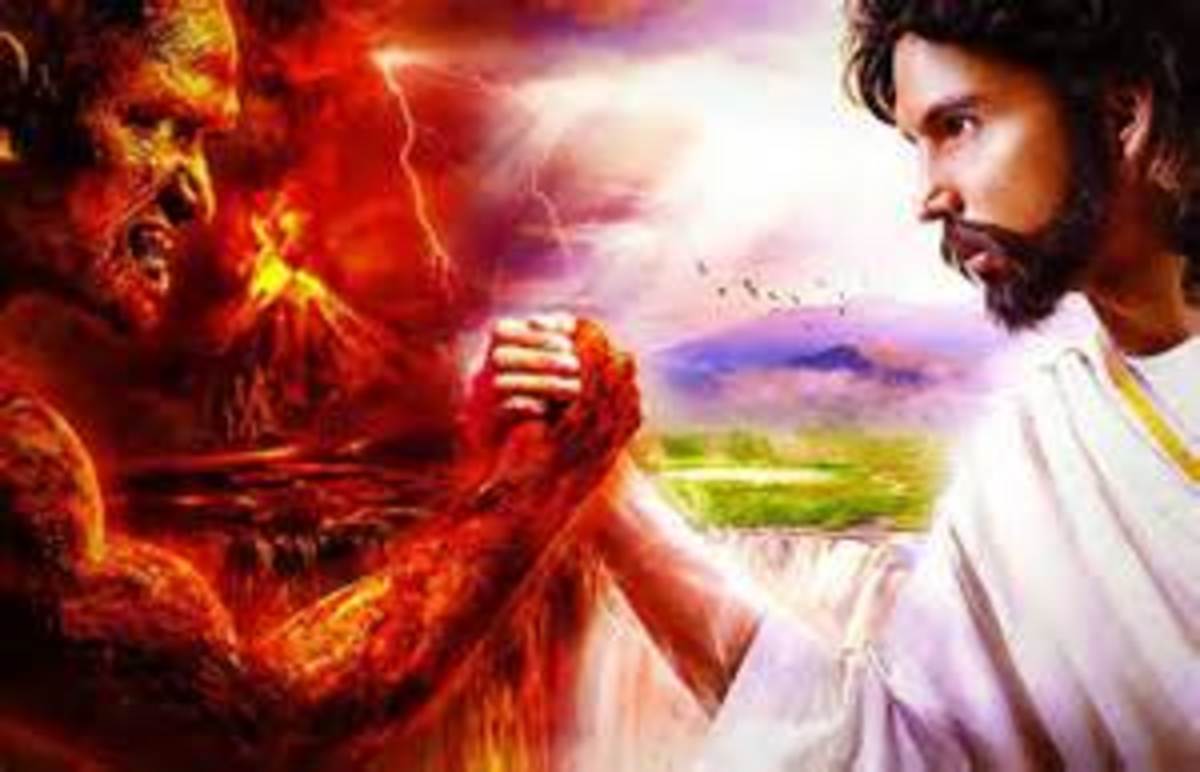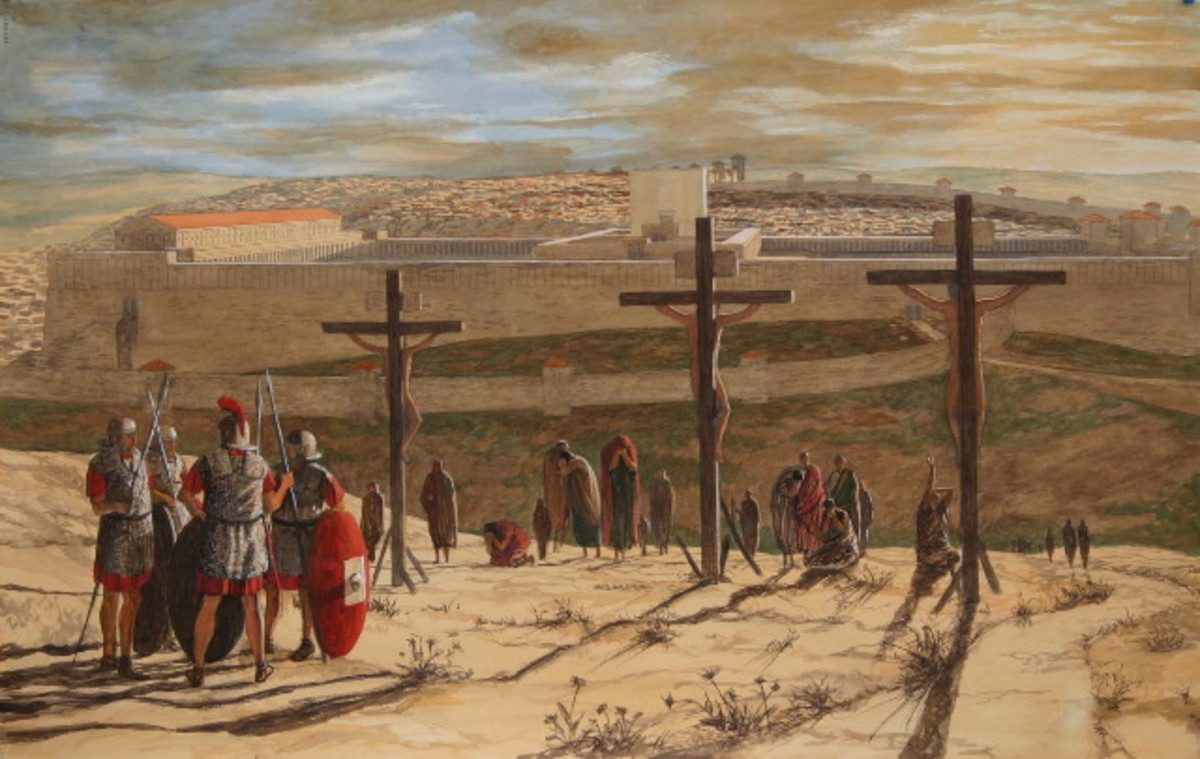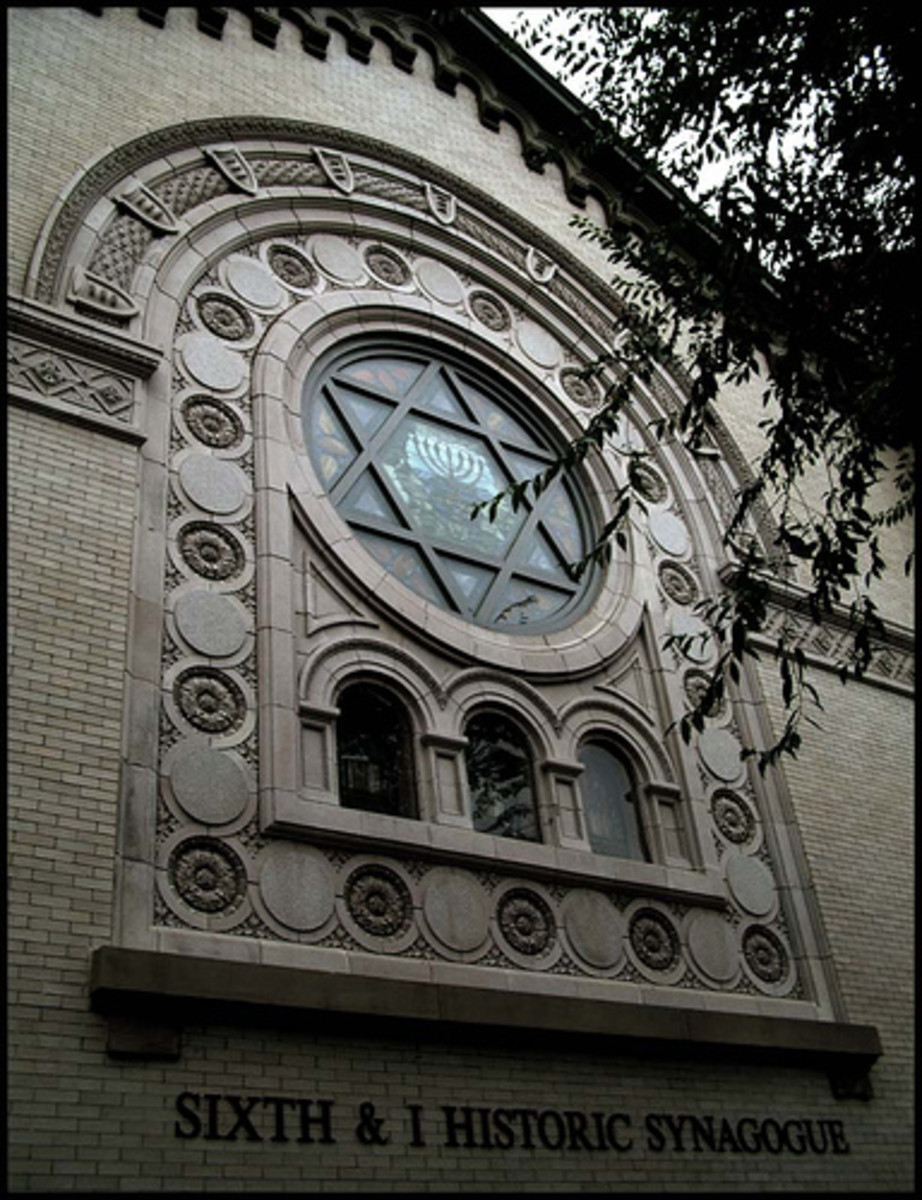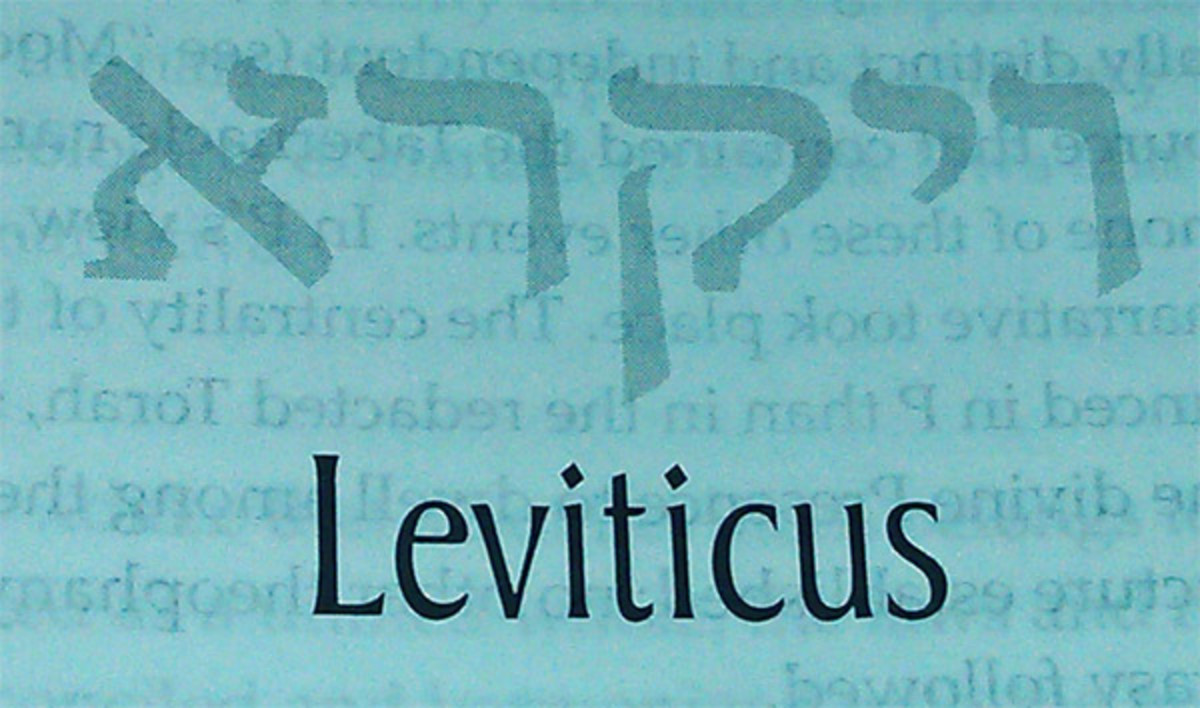God's Laws in the Two Covenants
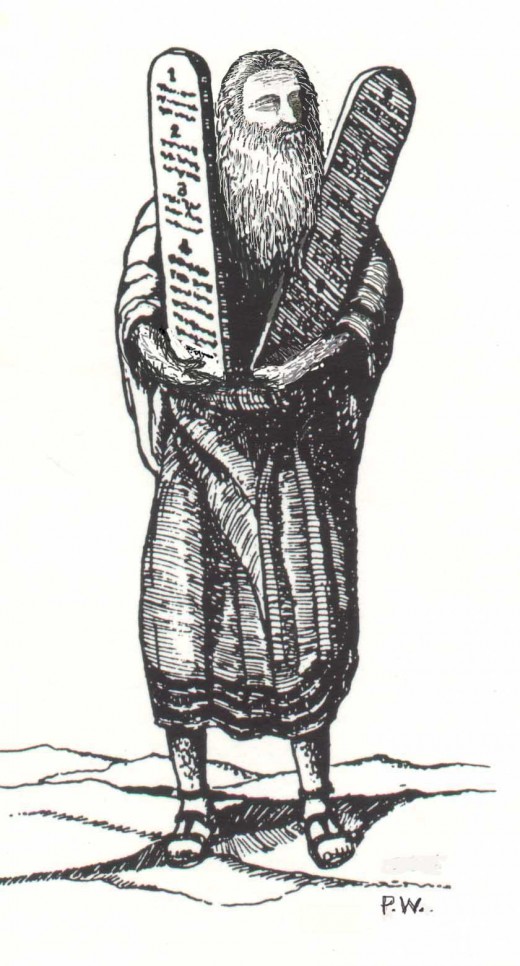
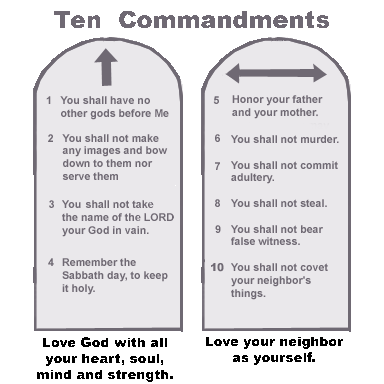
Definitions of Testament and Covenant
There are two parts in the Holy Bible. The first part called the Old Testament consists of thirty nine books that were originally written in Hebrew. The word “testament” as used in the Bible describes a written will of a deceased person. “For where there is a testament, there must also of necessity be the death of the testator. For a testament is in force after men are dead, since it has no power at all while the testator lives.” (Heb. 9:16-17). The second part called the New Testament has twenty seven books that were originally written in Greek.
The English word “covenant” is translated from the Hebrew word “berit” in the Old Testament. A covenant is an agreement between two parties that solemnly pledges to bless or serve one another. There were many covenants between human beings but the covenants made between God and His people are more relevant to our study on this topic.
God’s Covenant with Israel
One of the most important covenants is the one that God made with the children of Israel.
“And Moses went up to God, and the LORD called to him from the mountain, saying, "Thus you shall say to the house of Jacob, and tell the children of Israel: "You have seen what I did to the Egyptians, and how I bore you on eagles' wings and brought you to Myself.Now therefore, if you will indeed obey My voice and keep My covenant, then you shall be a special treasure to Me above all people; for all the earth is Mine. And you shall be to Me a kingdom of priests and a holy nation.' These are the words which you shall speak to the children of Israel." So Moses came and called for the elders of the people, and laid before them all these words which the LORD commanded him. Then all the people answered together and said, "All that the LORD has spoken we will do." So Moses brought back the words of the people to the LORD.” (Ex. 19:5-8)
The Ten Commandments
Three days after the children of Israel agreed to accept God’s covenant He verbally gave them the Ten Commandments (Ex. 20: 1-17). Then Moses went up Mount Sinai to receive the two tablets of the Ten Commandments that were “written with the finger of God” (Ex. 31:18; 32:15-16). While Moses was coming down from the mountain the people made a golden calf and worshiped the idol (Ex. 32:1-6). “So Moses’ anger became hot, and cast the tablets out of his hands and broke them at the foot of the mountain. Then he took the calf which they had made, burned it in the fire, and ground it to powder; and he scattered it on the water and made the children of Israel drink it.” (Ex. 32:19-20) Moses interceded with God for the great sin of Israel (Ex. 32:30-35). “And the LORD said to Moses, ‘Cut two tablets of stone like the first ones, and I will write on these tablets the words that were on the first tablets which you broke.” (Ex. 34:1) God did not take out the one commandment that was broken by the children of Israel, but repeated the same Ten Commandments on the new tablets of stone.
Here is an important principle concerning keeping the Ten Commandments. The children of Israel had broken only the second commandment by worshiping the idol. Moses threw down and broke the tablets containing the Ten Commandments, which symbolically mean that if you break only one commandment it is like also breaking all ten of them. The Old Testament teaches that keeping the Ten Commandments is “the whole duty of man. For God will bring every work into judgment.” (Ecc. 12:13-14)
The New Testament resonates the Old Testament with this same principle : “If you really fulfill the royal law according to the Scripture, "You shall love your neighbor as yourself," you do well; but if you show partiality, you commit sin, and are convicted by the law as transgressors. For whoever shall keep the whole law, and yet stumble in one point, he is guilty of all. For He who said, "Do not commit adultery," also said, "Do not murder." Now if you do not commit adultery, but you do murder, you have become a transgressor of the law.” (Jas. 2:8-11) The purpose of this principle is not to discourage Christians from keeping the Ten Commandments, but rather to warn them of the danger of breaking even one of them.
The Law in the Old Covenant
The Law in the Old Covenant consists of three (3) parts.
1. The Moral Law consisting of the Ten Commandments is written by God Himself (Ex. 20:1-17; 31:18; 34:28; Deut. 4:13; 10:4). The Lord Jesus Christ divided the Ten Commandments into two sets (Mt. 22:34-40). The first four commandments give instructions on how to love God and how to worship Him. [1] Worship only the One True God, [2] Do not worship idols, [3] Honor and respect God’s Name, [4] Remember the Sabbath Day, to keep it holy.
The second set of commandments gives instructions on how to love our neighbors as ourselves. [5] Honor parents, [6] Do not murder, [7] Do not commit adultery, [8] Do not steal, [9] Do not bear false witness, [10] Do not covet other people’s things.
The Ten Commandments are given to mankind who will be judged by this Moral Law on Judgment Day (Ecc. 12:13-14).
The Lord Jesus Christ declared: "Do not think that I came to destroy the Law or the Prophets. I did not come to destroy but to fulfill. For assuredly, I say to you, till heaven and earth pass away, one jot or one tittle will by no means pass from the law till all is fulfilled. Whoever therefore breaks one of the least of these commandments, and teaches men so, shall be called least in the kingdom of heaven; but whoever does and teaches them, he shall be called great in the kingdom of heaven.” (Mt. 5:17-19) The Lord Jesus Christ has said it very clearly and plainly that not a little bit of the Ten Commandments can be abolished.
Every one of the Ten Commandments must be kept (Jas. 2:8-11). True Christians are those who “keep the commandments of God and the faith of Jesus Christ.” (Rev. 12:17; 14:12). Those who keep God’s commandments please God and are filled with the Holy Spirit (1 Jn. 3:22-24). Keeping the Ten Commandments enables one to have eternal life (Mt. 19:16-19). “Blessed are those who do His commandments, that they may have the right to the tree of life, and may enter through the gates into the city.” (Rev. 22:14 NKJV)
2. The Judgments
The Judgments governed the social lives of the people of Israel. These are rules pertaining to the rights of individual persons (Ex. 21:1-32); rights of property (Ex. 21:33-36; 22:1-15), proper conduct and relationships between persons (Ex. 22:16-31); proper justice (Ex. 23:1-9) and Sabbatical Year (Ex. 23:10-13). The Judgments also govern the rule of the three times in the year when the males shall appear at the three national feasts (Ex. 23:14-19). There are also rules concerning regulations for the conquest of enemies (Ex. 23:20-23). There are instructions on how to ratify the Covenant through the blood (Ex. 24:1-8). This part of the Law is given mainly to Israel, and it is not applicable to Gentile Christians in the New Testament.
3. The Ordinances
The Ordinances govern the religious lives of the people of Israel giving them instructions on how to approach God on the terms that He dictates. They are instructions on how to make the Tabernacle with details of the sanctuary, Ark of the Covenant, altar, lamp stand and the various types of offerings (Ex. 25 – 30). These things are called “fleshly ordinances imposed until the time of reformation” (Heb. 9:6-10). All these ordinances were abolished when the Lord Jesus Christ died on the cross (Eph. 2:14-15).
Here is the deadly Sabbath Ordinance that states: “You shall keep the Sabbath, therefore, for it is holy to you. Everyone who profanes it shall surely be put to death; for whoever does any work on it, that person shall be cut off from among his people. Work shall be done for six days, but the seventh is the Sabbath of rest, holy to the LORD. Whoever does any work on the Sabbath day, he shall surely be put to death.” (Ex. 31:14-15) This extremely harsh Sabbath Ordinance called the “curse of the law” was abolished when the Lord Jesus Christ died on the cross (Gal. 3:13). Praise and thank the Lord “having wiped out the handwriting of requirements (ordinances) that was against us, which was contrary to us. And He has taken it out of the way, having nailed it to the cross. . . . Therefore let no one judge you in food or in drink, or regarding a festival or a new moon or Sabbaths, which are a shadow of things to come, but the substance is of Christ.” (Col. 2:14-17)
It is the Sabbath ordinance of death sentence to the Israelites who violate the Sabbath law “ that was against us, which was contrary to us. And He has taken it out of the way, having nailed it to the cross. . . .” The Seventh Day Sabbath Commandment that God wants us to remember and to keep holy is not against us, but is a great blessing to us. It can never be abolished.
Sunday-keepers who interpret the above verses from the apostle Paul and insist that the Seventh Day Sabbath have been abolished are not only making a very serious error, but have also twisted the Scriptures to their own destruction (2 Pet. 3:15-16)
Click here for “The Ten Commandments in the New Testament
Changing from the Old to the New Covenant through the Lord Jesus Christ
"Behold, the days are coming, says the LORD, when I will make a new covenant with the house of Israel and with the house of Judah-- not according to the covenant that I made with their fathers in the day that I took them by the hand to lead them out of the land of Egypt, My covenant which they broke, though I was a husband to them, says the LORD. But this is the covenant that I will make with the house of Israel after those days, says the LORD: I will put My law in their minds, and write it on their hearts; and I will be their God, and they shall be My people. No more shall every man teach his neighbor, and every man his brother, saying, "Know the LORD,' for they all shall know Me, from the least of them to the greatest of them, says the LORD. For I will forgive their iniquity, and their sin I will remember no more." (Jer. 31:31-34; Heb. 8:8-13)
The law that was once external, written on two stone tablets and placed in the Ark of the Covenant for the people of God (Israel) is now transferred into the hearts of all who know the Lord Jesus Christ and have become partakers in the New Covenant.
“Then I will sprinkle clean water on you, and you shall be clean; I will cleanse you from all your filthiness and from all your idols. I will give you a new heart and put a new spirit within you; I will take the heart of stone out of your flesh and give you a heart of flesh. I will put My Spirit within you and cause you to walk in My statutes, and you will keep My judgments and do them.” (Ezek. 36:25-27)
This is what the New Covenant will do to God’s Law. The law would be put into the minds and hearts of God’s people. With the New Covenant also came the promise of the indwelling of God's Holy Spirit in the hearts of those who receive Jesus Christ as Lord and Savior. It is the Holy Spirit who guides us to follow God's Laws and also gives us the power to keep His laws.
In the Old Covenant the believer’s relationship with the Law was bondage and slavery. The Law brought condemnation. It declared him guilty. Sin had dominated his heart and body. In the New Covenant the believer’s new relationship with the Law is that of freedom and victory. It is freedom from the bondage of sin. The Lord Jesus Christ has set the believer free from the power of sin, and the condemnation of the Law (Rom. 8:1). We are now free to obey the Law in a new way through the power of the Holy Spirit that indwells us. We are not saved or justified before God by trying to keep the Law. We are saved and justified by grace through our faith in the Lord Jesus Christ. Just as Christ was victorious over the power of sin, so we too can walk in this victory by the power of His Holy Spirit whom He has given us.
In the Old Covenant a believer had to struggle and strive to obey the Ten Commandments which he often failed. In the New Covenant a believer's mission is to obey the Holy Spirit who will guide him to do God’s will and keep His commandments. Praise and thank the Lord Jesus Christ for the New Covenant.


